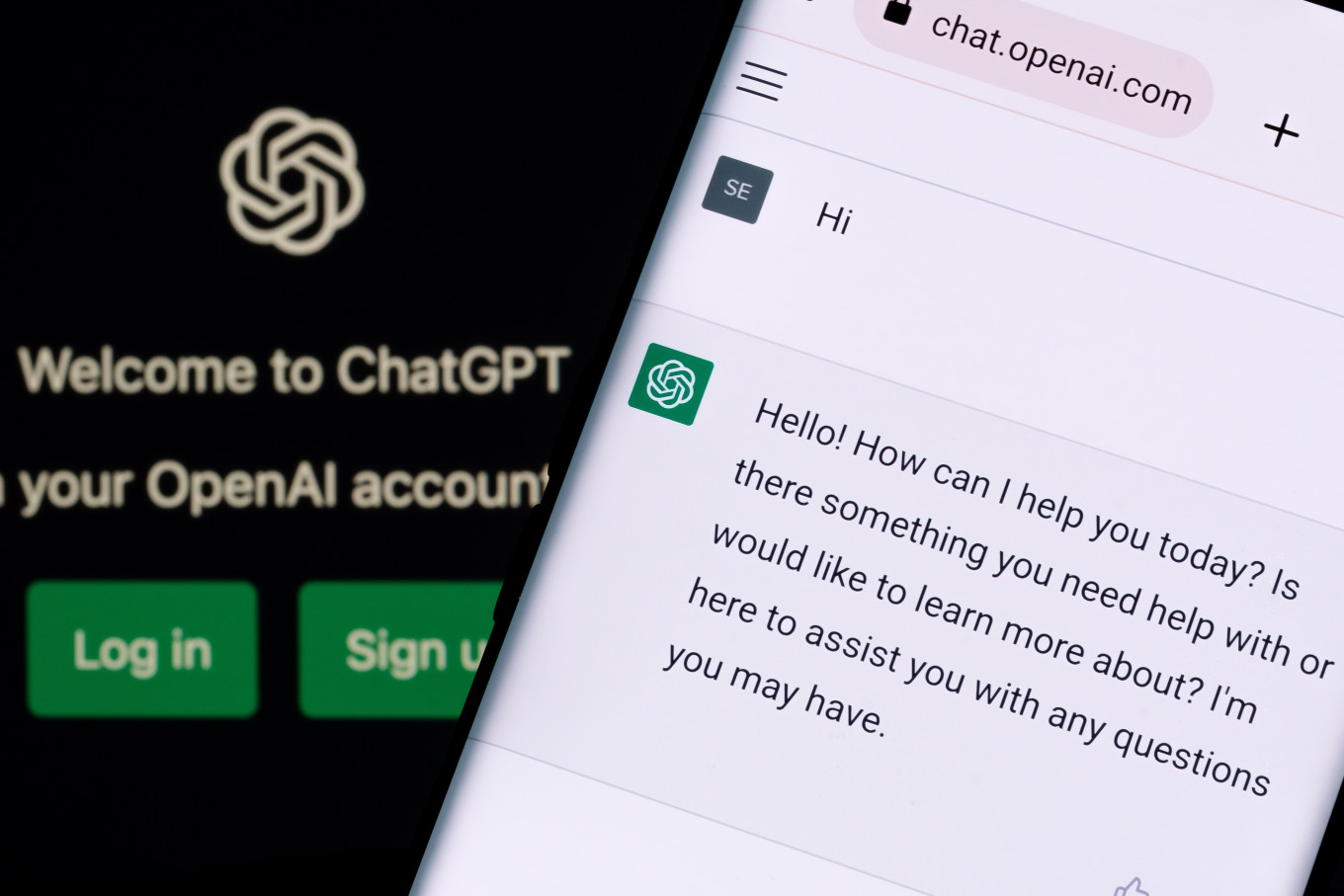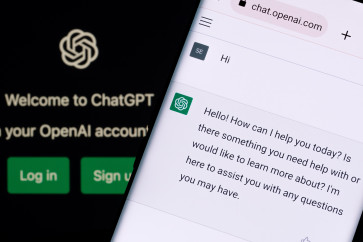Popular Reads
Top Results
Can't find what you're looking for?
View all search resultsPopular Reads
Top Results
Can't find what you're looking for?
View all search resultsAI, do my homework! How ChatGPT pitted teachers against tech
Alarm among educators has reached fever pitch in recent weeks over ChatGPT, an easy-to-use artificial intelligence tool trained on billions of words and a ton of data from the web.
Change text size
Gift Premium Articles
to Anyone
K
now-it-all chatbots landed with a bang last year, convincing one engineer that machines had become sentient, spreading panic that industries could be wiped out, and creating fear of a cheating epidemic in schools and universities.
Alarm among educators has reached fever pitch in recent weeks over ChatGPT, an easy-to-use artificial intelligence tool trained on billions of words and a ton of data from the web.
It can write a half-decent essay and answer many common classroom questions, sparking a fierce debate about the very future of traditional education.
New York City's education department banned ChatGPT on its networks because of "concerns about negative impacts on student learning".
"While the tool may be able to provide quick and easy answers to questions, it does not build critical-thinking and problem-solving skills," said the department's Jenna Lyle.
A group of Australian universities said they would change exam formats to banish AI tools, regarding them as straight-up cheating.
However, some in the education sector are more relaxed about AI tools in the classroom, and some even sense an opportunity rather than a threat.



















